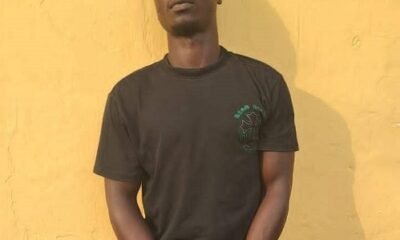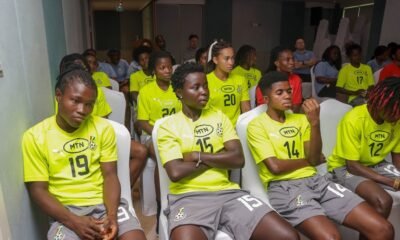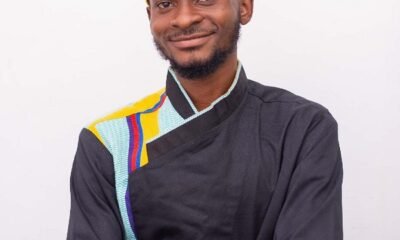News
W.E.B. Du Bois Museum Foundation Commemorates 40th Anniversary of Historic Du Bois Centre’s Dedication
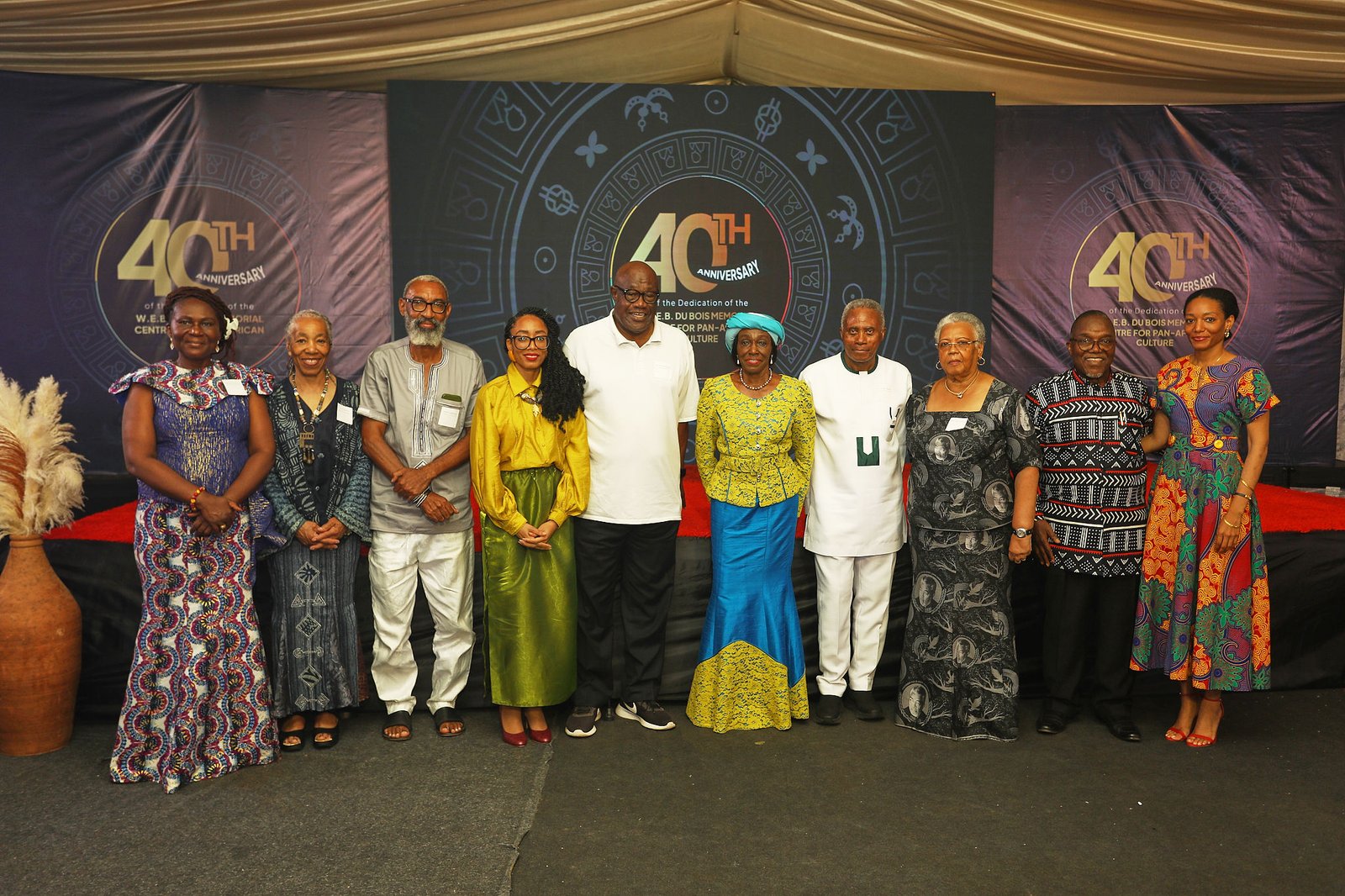
The W.E.B. Du Bois Museum Foundation, in collaboration with the Ministry of Tourism, Arts and Culture and the J.J. Rawlings Foundation, marked a momentous occasion with the 40th Anniversary celebration of the W.E.B. Du Bois Memorial Centre for Pan-African Culture. 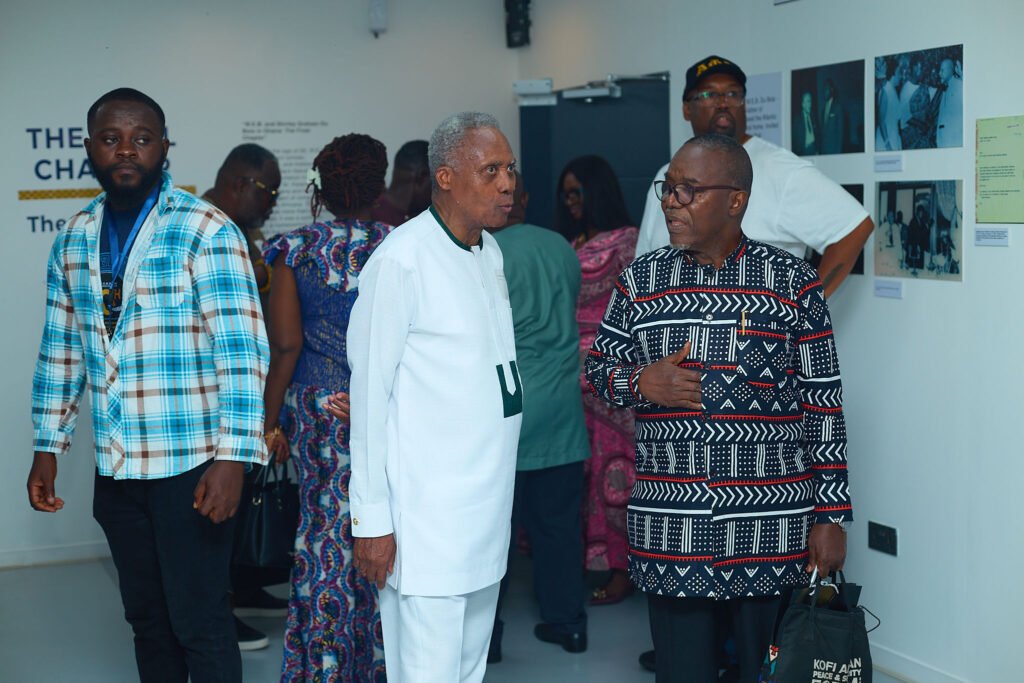
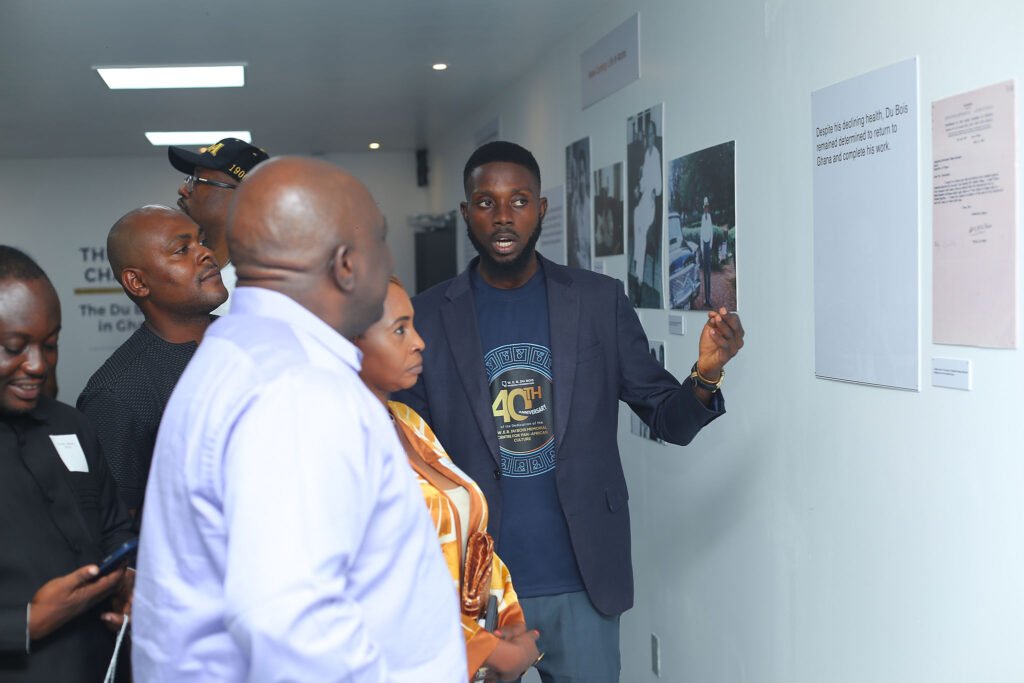
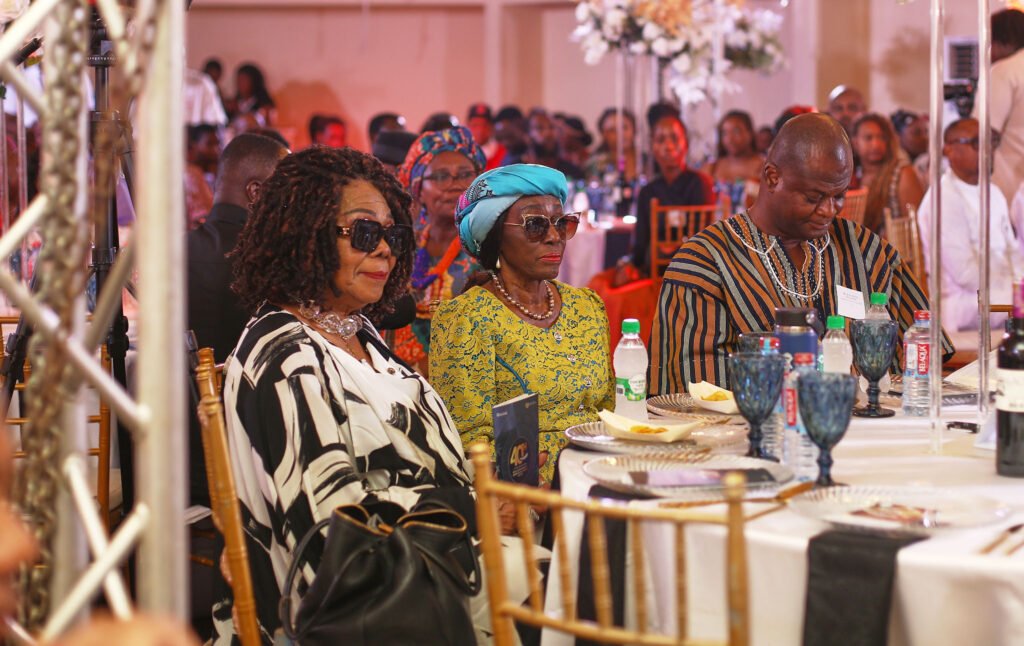
The commemorative event drew dignitaries, diplomats, cultural leaders, scholars, and members of the Pan-African community from around the world to honour the enduring legacy of Dr. W.E.B. Du Bois.
This year’s anniversary held added significance, coinciding with the birthday of H.E. J.J. Rawlings, the late former President of Ghana under whose visionary leadership the Centre was originally commissioned in 1985.
His foundational role in establishing the Du Bois Centre was remembered with deep reverence throughout the day’s activities.
The celebration began with a warm welcome delivered by Dr. Kofi Boateng, Chief Financial Officer of the W.E.B. Du Bois Museum Foundation, who read the welcome address on behalf of Mr. Daniel Rose, Chairman of the Foundation’s Board.
His remarks set the tone for the day, reaffirming the Foundation’s commitment to preserving and expanding Dr. Du Bois’s legacy for generations to come.
The programme continued with a powerful keynote by Yaa Asantewaa Agyeman-Rawlings, daughter of the late President Jerry John Rawlings, who commissioned the Centre on June 22, 1985—his 38th birthday.
In her address, she paid a stirring tribute to both Dr. W.E.B. Du Bois and her father’s Pan-African vision.
She reflected on Ghana’s place in the global Black freedom struggle, recalling how figures like Malcolm X, Martin Luther King Jr., and Muhammad Ali found inspiration in Ghana during its post-independence years.
Her tribute honoured the Du Bois Centre as both a monument of memory and a rallying point for Pan-African engagement.
One of the most anticipated moments was the official public introduction of Jeffrey Alan Peck, great-grandson of Dr. Du Bois and a Board Member of the Foundation.
Peck spoke passionately about his family’s connection to Ghana and expressed heartfelt gratitude to the Rawlings and Nkrumah families, as well as the people of Ghana, for honouring his great-grandfather’s legacy.
In his address, Mr. Japhet Aryiku, Executive Director of the W.E.B. Du Bois Museum Foundation, acknowledged the millions of dollars already invested into the Centre’s restoration—thanks to the generosity of the Foundation’s Board members.
He announced that a global fundraising initiative will soon be launched to support the next phase of development.Mr. Aryiku also made a public appeal for the recovery of authentic Du Bois belongings:
“We are actively searching for original furniture, personal items, and archival materials once owned by Dr. Du Bois and Shirley Graham Du Bois during their time in Ghana. If you know the whereabouts of any such items, we invite you to join us in restoring the Du Boises’ home with authenticity and dignity.”
The event brought together past directors and thought leaders who reflected on the Centre’s founding purpose and its evolving role in Pan-African scholarship and cultural preservation. It featured speakers including, Prof. Anne V. Adams, Professor Emerita, Cornell University and former Director of the Centre,Senator Conmany B. Wesseh, Liberian statesman and former Director of the Centre,
Dr. Sekou Nkrumah, son of Dr. Kwame Nkrumah and former Executive Director of the Centre, Dr. William N.T. Evans-Anfom, renowned physician, statesman, and architect of the Du Bois tomb, Maame Efua Honadjeto, CEO of the Ghana Tourism Authority, representing the Minister of Tourism.
Their remarks offered reflections on the Centre’s original vision and aspirations for its continued relevance in Pan-African and global Black thought.
A moving tribute was paid to President Jerry John Rawlings for his instrumental role in commissioning the Centre 40 years ago. In recognition of his contributions, a special birthday celebration and cake-cutting ceremony was held in his honour, marking not just a personal milestone but a national legacy deeply intertwined with the history of the Centre.
Guests were treated to a preview of an exclusive exhibition showcasing rare materials from the lives of Dr. Du Bois and Shirley Graham Du Bois during their years in Ghana. From personal letters to never-before-seen photographs and political artifacts, the exhibition offered an intimate look into the couple’s final chapter on the African continent.
The celebration was further enriched by the presence of several high-profile dignitaries and diplomats, including:Nana Konadu Agyeman-Rawlings, Former First Lady of Ghana, Hiroshi Yoshimoto, Ambassador of Japan to Ghana, Kyrre Holm, Deputy Head of Mission, Royal Norwegian Embassy, Jonathan Wiesner, Deputy Executive Director, Helping Africa Foundation, Fritz Baffour, former Minister of Information and Foundation Board Member; Madam Maame Efua Honadjeto, CEO, Ghana Tourism Authority.
Their participation underscored the global reach and influence of Dr. Du Bois’s legacy.
About the W.E.B. Du Bois Museum Foundation
The W.E.B. Du Bois Museum Foundation has been entrusted by the Government of Ghana to manage and oversee the operations of the Du Bois Memorial Centre for Pan-African Culture.
Its vision is to promote and preserve the legacy of Dr. W.E.B. Du Bois and Shirley Graham Du Bois while building bridges between Africa and the global Black diaspora.
Its mission is to transform the Centre into a world-class museum complex and research institute, offering a vibrant space for scholarship, cultural exchange, and historical memory.
Through strategic partnerships, restoration projects, and bold cultural diplomacy, the Foundation is ensuring that the vision and ideals of Dr. Du Bois continue to educate, inspire, and connect generations worldwide.
News
Man sentenced to 25 years for robbery at Manso Akwasiso

A 30-year-old man has been sentenced to 25 years imprisonment with hard labour by the Bekwai Circuit Court for his role in a 2022 robbery at a mining site at Manso Akwasiso in the Ashanti South Region.
The convict, Dominic Ofori, also known as Fanta, was arrested on 16th February 2026 after years on the run. He pleaded guilty before the Bekwai Circuit Court to robbery contrary to Section 149 of the Criminal Offences Act, 1960 Act 29, and was accordingly sentenced to 25 years imprisonment with hard labour.
On March 20, 2022, the Manso Adubia District Police received intelligence that a group of armed men from Manso Abodom were planning to attack a mining site at Manso Akwasiso to rob the owner of gold concentrate. Acting on the information, police mounted a coordinated operation and laid an ambush at the site.
At about 5:30 pm the same day, four-armed men arrived at the site, fired indiscriminately, and robbed the miners of their gold concentrate. The police team on surveillance intervened, resulting in an exchange of gunfire.
Three of the suspects, Abu Abubakar, Musah Latif, and Gideon Takyi, sustained gunshot wounds and were pronounced dead on arrival at St Martins Catholic Hospital at Agroyesum. Dominic Ofori escaped at the time but was later arrested and put before the court.
The Ashanti South Regional Police Command has assured the public of its continued commitment to combating violent crimes and bringing offenders to justice.
News
Ashanti police arrest man for publishing false news on TikTok

The Ashanti Regional Police Command has arrested 45-year-old Isaac Boafo, also known as “Duabo King,” for allegedly publishing false news intended to cause fear and panic.
Police said the arrest follows a viral TikTok video in which Boafo claimed that four officers at the Central Police Station in Kumasi engaged in inappropriate conduct with commercial sex workers during night patrols in Asafo.
Officers from the Police Intelligence Directorate (Ashanti Region) apprehended Boafo after receiving intelligence about the video.
During questioning, he admitted to creating the video to attract views and engagement online, and acknowledged that he could not prove the allegations.
Boafo also admitted making comments about the President of the Republic for content purposes and could not defend those statements.
He has been formally charged and is in detention as investigations continue.
The Ashanti Regional Police have warned the public against publishing or sharing false information on social media, noting that such acts can cause fear, panic, and damage reputations.
They said anyone found engaging in similar conduct will face legal action.
By: Jacob Aggrey

